Bathing and Skin Care for Newborn Babies
You love bathing your newborn, but how can you do it while protecting their skin? Here are some bathing tips to keep your newborn’s skin clean and healthy.
A baby’s skin is delicate and soft, and caring for it ensures that your baby stays healthy and happy. One thing that mothers and new parents often wonder is if there is a proper way to care for a newborn’s skin.
Of course, you can always ask your pediatrician for advice, but there are other things you can do to properly care for and clean your newborn baby's skin. Let’s explore the proper ways to bathe a newborn and what you can do to keep their skin soft, smooth, and healthy.

What To Do Before Bathing Your Baby
Before you bathe your baby, you need to perform the following steps to ensure that your hands and environment are clean. You also need to prepare the things you need so your baby’s bath time will be short.
Wash your hands before bathing.
Washing your hands before bathing your child is a great way to prevent the spread of germs. If you have any cuts or sores on your skin, wash them first. Also, make sure to use soap and wash your hands up to your elbows for at least 20 seconds.
Prepare clean bath towels, soft washcloths, or a sponge-type bath cushion.
Set aside clean bath towels and soft washcloths. It’s best that these weren’t washed with harsh detergents and softeners since these can negatively affect your baby’s skin. Use a hypoallergenic and fragrance-free detergent for your baby’s washcloths and towels.
Clean and disinfect your basin.
Wash your basin thoroughly before using it for your baby’s bath. You can use a multi-purpose cleaner, vinegar, or soap with a scrub. Do not use bleach as it can harm your baby’s skin.
If you are using your sink to bathe your baby, it’s even more important to wash and disinfect it thoroughly.

Bathing Your Baby
Once you’ve completed preparations, you can now start your newborn’s first bath.
Use warm water.
Use warm water instead of cold water. Cold water can shock your baby's system and cause it to become ill. Warm water is much safer because it keeps your baby warm. Also, babies’ skin has not developed enough to regulate their temperature, so you need to use warm water.
Use products that are meant for babies’ skin.
Avoid using harsh chemicals when bathing your baby. Instead, opt for milder products like baby shampoo and lotion. Hypoallergenic and fragrance-free shampoos and bath gels will keep your baby clean but will still be gentle enough to keep it soft and smooth.
Use only a small amount for each bath. Too much product can dry your baby’s skin.
Keep bath time short.
Keep bathing times short. Baths should last no longer than 10 minutes at a time because babies still cannot regulate their body temperature. Even if you use warm water, a longer bath time will significantly cool the water’s temperature, and your baby will feel cold.
Don't let your baby sleep in the tub.
Of course, you want your baby to feel nice and comfy during the bath, but you shouldn’t allow your baby to sleep during bathing. Once your baby starts to nod off, it’s best to finish bath time.
Dry off thoroughly.
After washing your baby, you need to make sure that you are drying them off completely. Pat your baby gently to remove any excess moisture. Do not scrub your baby’s skin, as even soft towels can be rough on a newborn’s skin.
Pat dry sensitive areas such as armpits, and between the baby’s legs. You could use cotton swabs and soft baby wipes to ensure these areas are clean and dry.
Bathe your baby once a week.
Bathing your baby once a week is recommended. This helps keep their skin soft and supple. If they love bath time, you can bathe them two to three times a week.
Newborns cannot be bathed more than this because baths can dry out their skin if it is done daily. Exposing them too often even to gentle skin products can alter their skin’s natural pH balance.

How To Care For Baby’s Skin In-between Baths
Since you can’t bathe your baby every day, you need to keep your baby's skin clean and healthy. You need baby wipes, cotton swabs, baby lotions, and oils to keep them clean.
Wash hands before touching the baby.
Wash your hands thoroughly with soap and water before touching your baby. If someone in the family is sick and you have been around them, wash your hands immediately and use a sanitizer before handling your baby.
Use an alcohol-based hand sanitizer.
It’s best to use an alcohol-based hand sanitizing gel or baby wipes. Alcohol kills 99.9% of germs, including viruses and bacteria, so you could use it to clean your baby’s crib and toys.
Clean toys and surfaces to prevent contamination. Toys should be washed in hot water and dried completely before giving them to your little one.
Clean your baby’s skin when changing diapers.
You need to ensure that your baby’s skin is clean after changing diapers. You could use a sanitizing gel to clean the area, and baby wipes to remove baby poop.
After wiping off excrement, you could use coconut nourish wipes to ensure that the area is moisturized and clean. Sanitize the area and dispose of the disposable diapers and wipes properly.
Give your baby a sponge bath.
If you want to keep your baby clean in-between baths, you have the option of giving them a sponge bath. You need to prepare the same items, but instead of placing your baby in a basin or tub, you only need to dip a washcloth in warm water and baby soap.
You could then start cleaning your baby, starting from the head to their feet. Make sure to clean their neck, underarms, and ears.
Once done, wrap your baby in a hooded flannel towel and change their diaper.
Your Baby’s Skin Is Special
Babies are special and their delicate skin needs extra care. Following these tips will ensure that they enjoy bath time and that their skin remains healthy and clean.
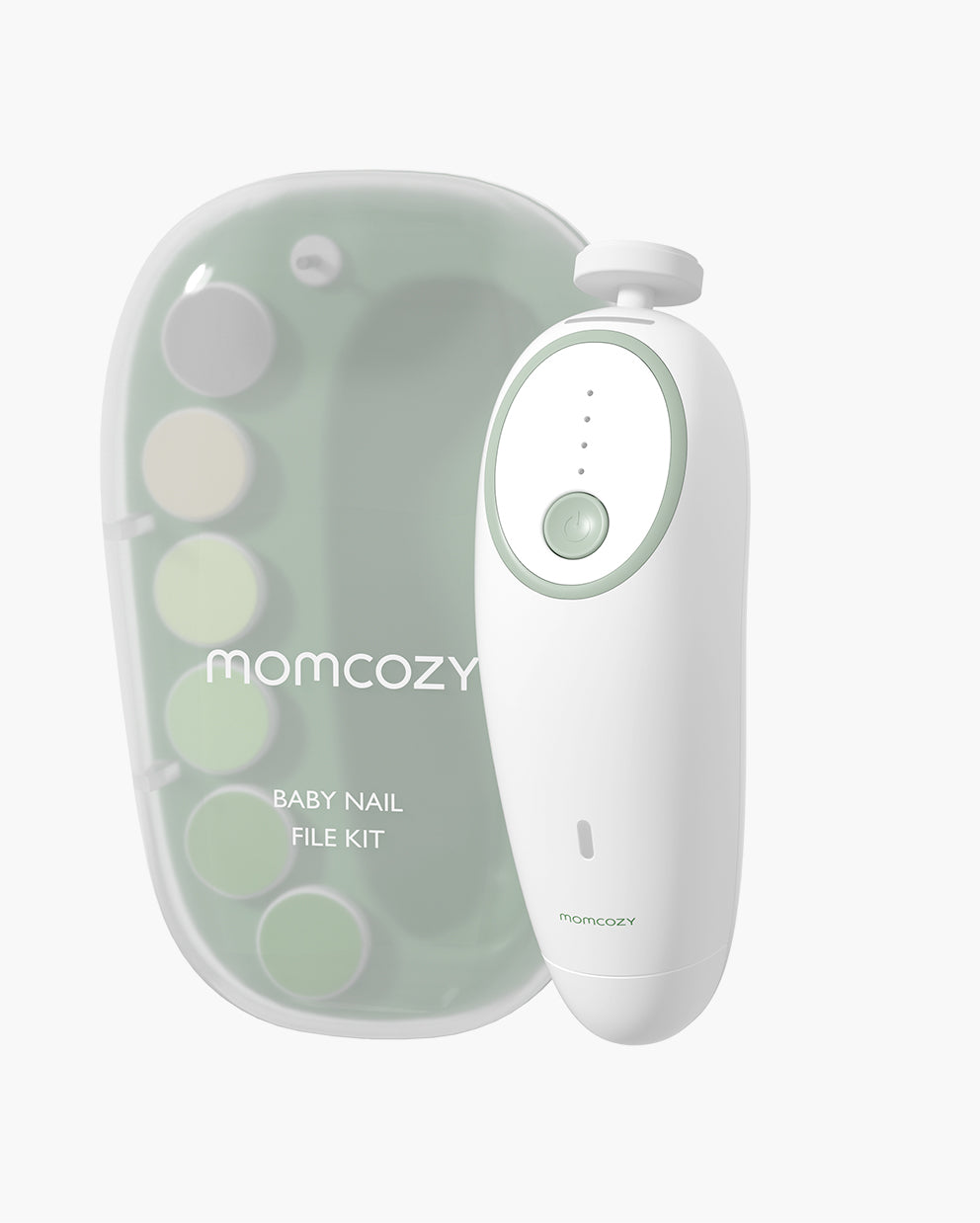
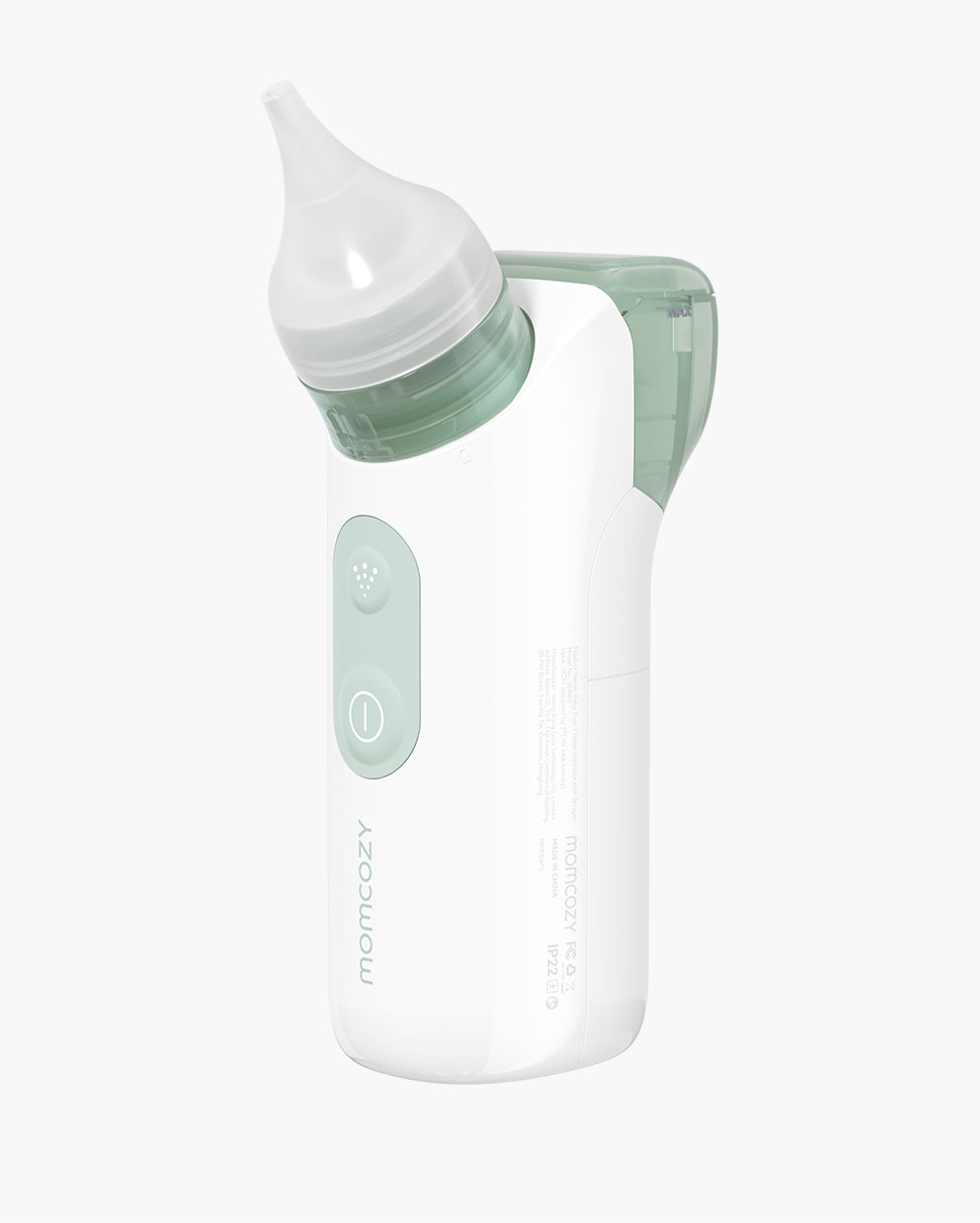
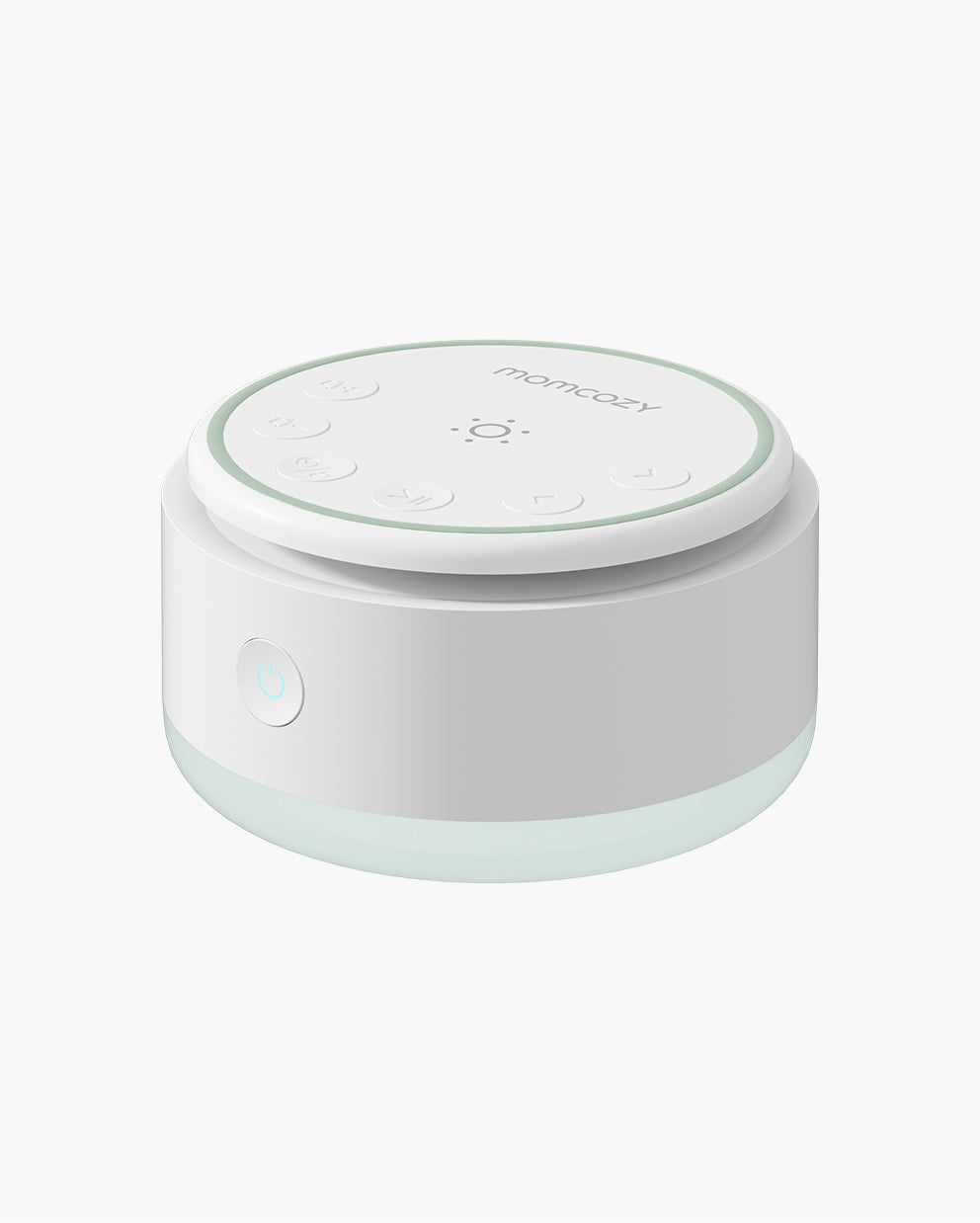
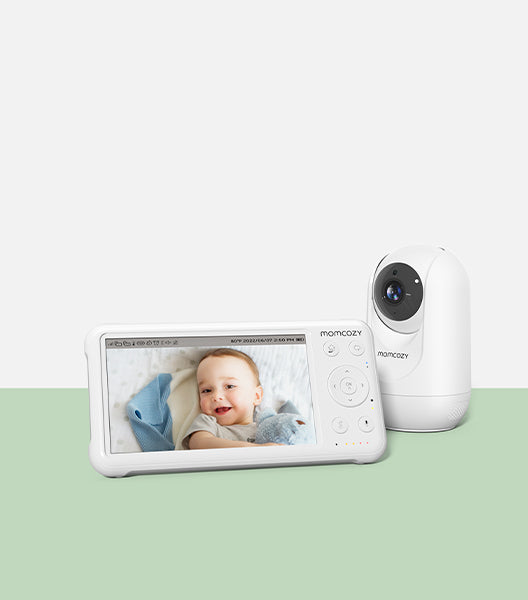
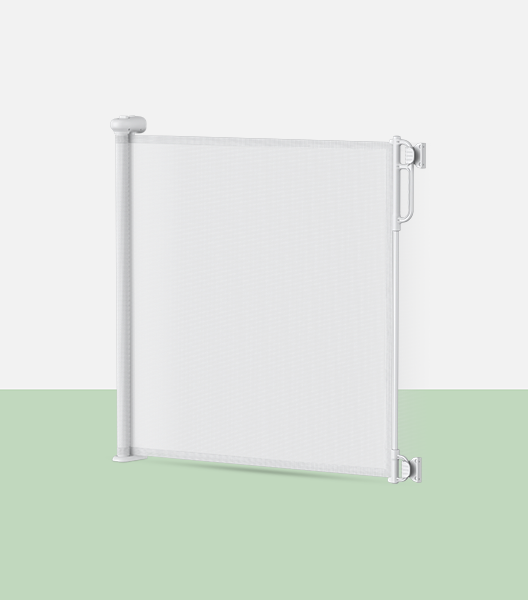
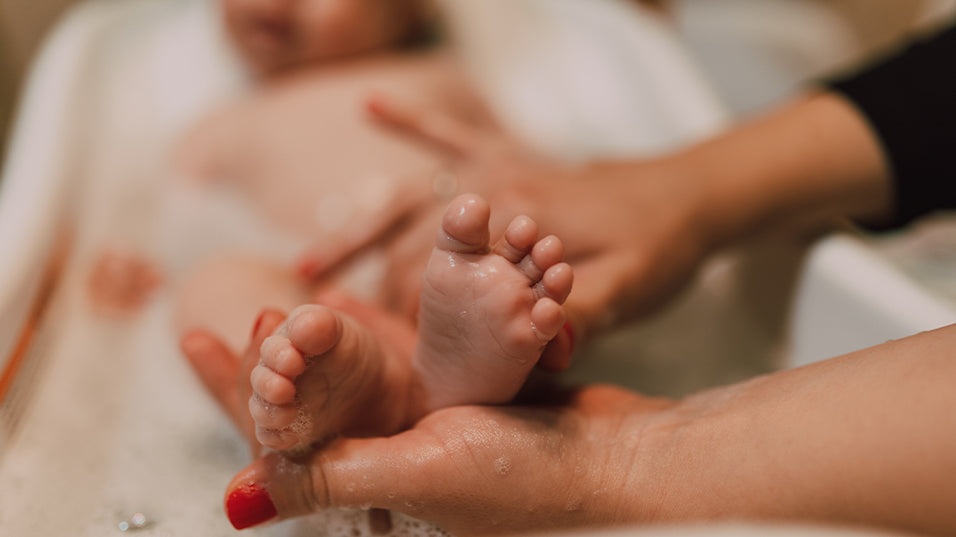
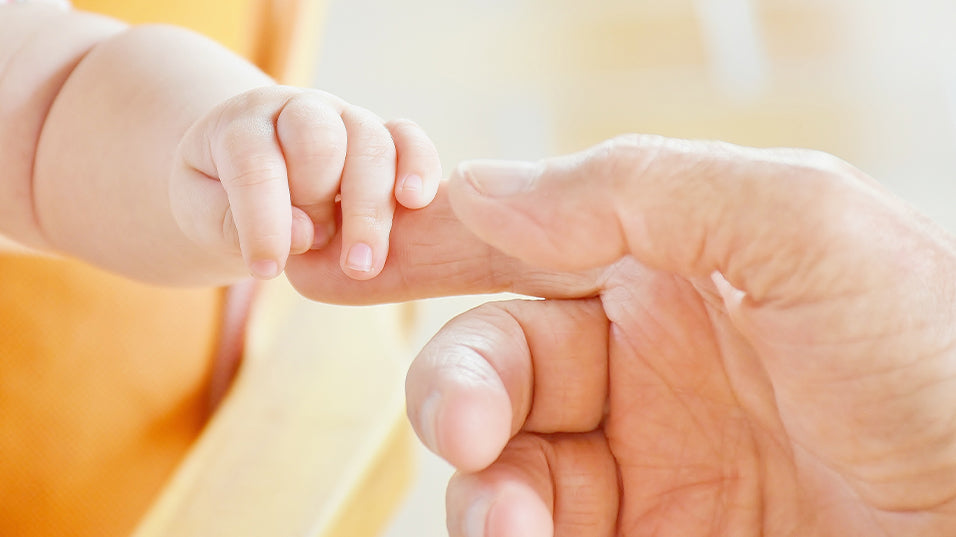

Leave a comment
This site is protected by hCaptcha and the hCaptcha Privacy Policy and Terms of Service apply.